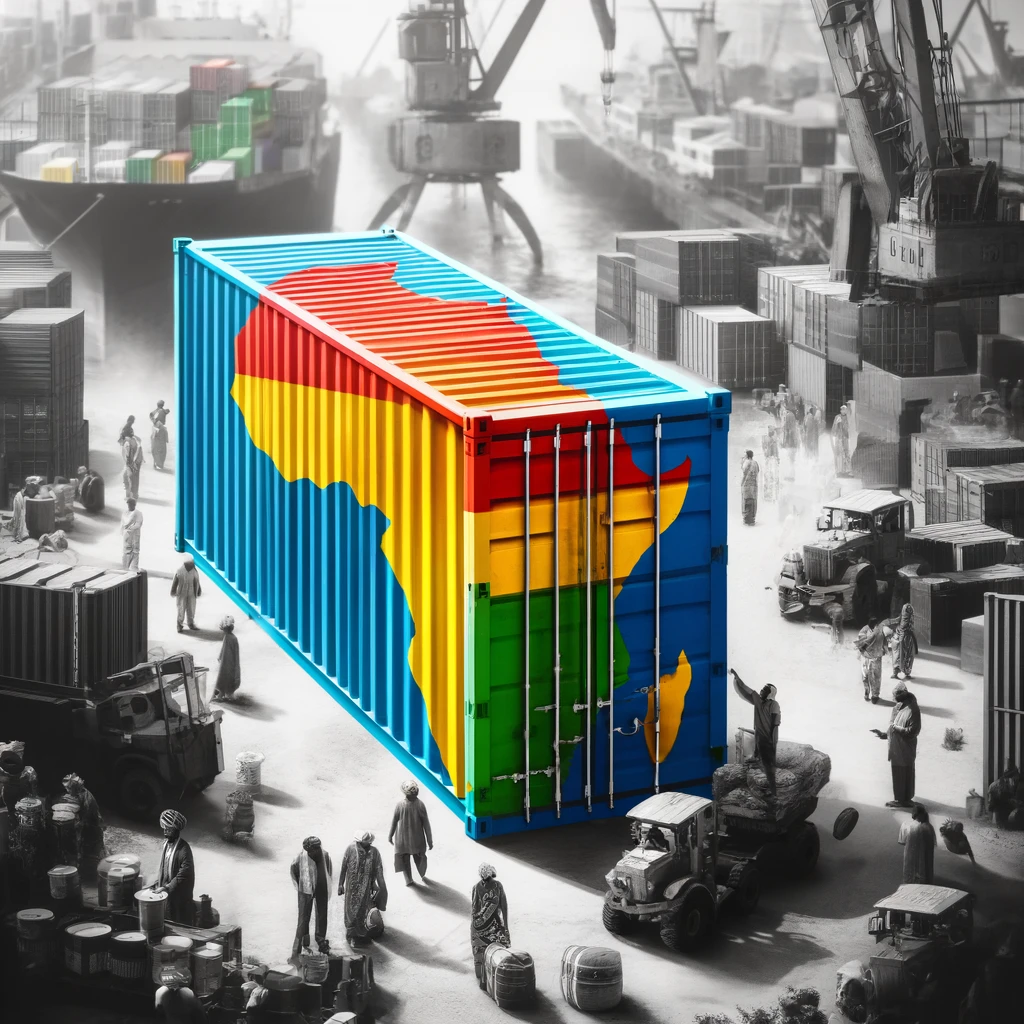
The inaugural Summit on Clean Cooking in Africa, held on May 14, 2024, at the UNESCO Headquarters in Paris, marked a pivotal moment in addressing a long-standing issue affecting over a billion people in Africa. Co-chaired by the leaders of Tanzania and Norway, and key organizations like the African Development Bank (AfDB) and the International Energy Agency (IEA), the summit successfully mobilized a significant financial commitment of USD 2.2 billion to enhance clean cooking access across the continent.
Overview of the Summit
The summit brought together nearly 60 countries and over 1,000 delegates, including heads of state and representatives from the private sector, development institutions, and civil society. It focused on replacing traditional cooking methods, which are harmful to health and the environment, with sustainable and clean alternatives. The urgency of this issue is highlighted by the detrimental health impacts associated with traditional cooking methods, which are a major cause of premature deaths, particularly among women and children in sub-Saharan Africa.
Key Outcomes and Commitments
The summit resulted in substantial financial pledges aimed at revolutionizing clean cooking access. These funds are intended to support the implementation of clean cooking solutions that can significantly mitigate health risks and environmental degradation. The commitments made are expected to catalyze further investments and innovations in clean cooking technologies, positioning this issue as a priority in global health and environmental agendas.
The African Development Bank announced an annual commitment of USD 200 million over the next decade, aimed at boosting the provision of clean cooking solutions through various financing mechanisms, including the Sustainable Energy Fund for Africa (SEFA).
The Clean Cooking Declaration
A major highlight of the summit was the Clean Cooking Declaration, signed by over 100 countries, international institutions, and other stakeholders. This declaration commits to making clean cooking access a global priority and enhancing efforts towards achieving universal access. It emphasizes the importance of coordinated action across financing, policies, and partnerships to overcome the challenges associated with clean cooking.
Strategic Importance and Next Steps
The summit underscored the strategic importance of clean cooking solutions in achieving multiple Sustainable Development Goals (SDGs), including health, gender equality, and environmental sustainability. The IEA plans to implement a “double-lock system” to ensure the momentum from the summit is maintained, focusing on effective tracking of commitments and fostering partnerships to mobilize additional resources.
The Summit on Clean Cooking in Africa represents a significant step forward in addressing one of the most critical challenges facing the developing world today. The financial commitments and strategic partnerships formed at the summit are poised to bring about transformative changes, with the potential to improve the lives of millions of people across Africa and beyond.
For further details on the summit’s outcomes and the full declaration, please refer to the official International Energy Agency and Clean Cooking Alliance websites.


